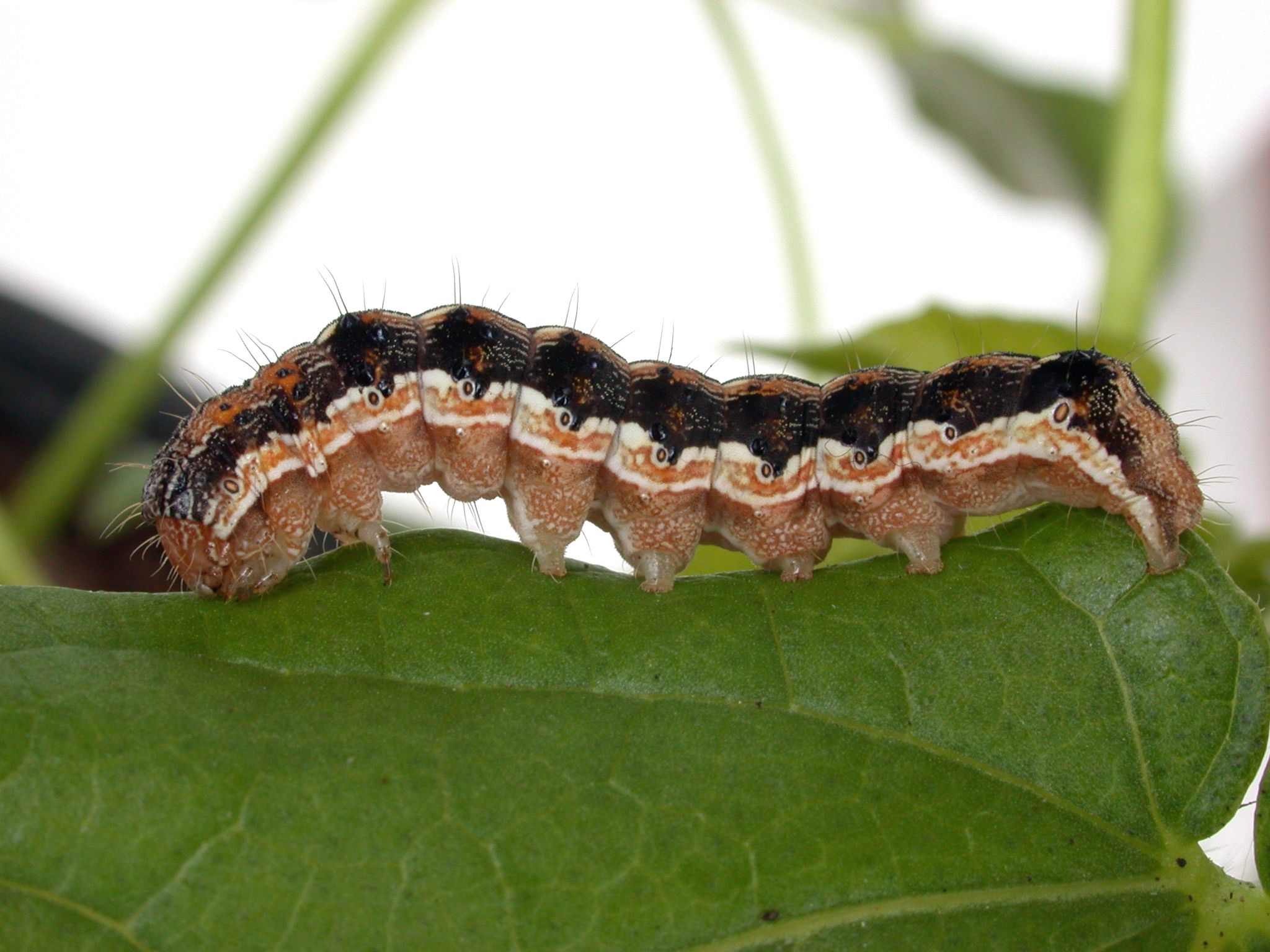US agribusiness private equity firm Paine & Partners has acquired a majority stake in AgBiTech, an Australian biological pest control company.
The investment was made out of Paine & Partners’ $893 million Fund IV, the largest agribusiness PE fund on record, and is the fund’s third deal since closing at the end of 2014.
AgBiTech produces biological insecticides by using a naturally-occurring nucleopolyhedrovirus (NPV). It has mainly focused on targeting Helicoverpa armigera caterpillars — also known as bottom bollworms — which are known to affect a wide range of crops including soybeans, corn, cotton, tomatoes, sweet corn, and sorghum.
But the company now wants to expand into combatting other common pests including Spodoptera — fall armyworm– and Chrysodeixis — soybean looper — according to a press release.
AgBiTech will also use the funding from Paine & Partners to expand further its global footprint. It currently distributes to Australia, Brazil and the US, with a production facility based in Australia. But it is planning to build a new facility in the US, which will help with the development of the new line of pesticides.
For Paine & Partners, AgBiTech fits the company’s responsible investing and sustainability policy.
“This investment in AgBiTech reflects Paine & Partners’ belief in the value that can be created through sustainable and environmentally safe solutions to meet the growing global demand for food,” said Kevin Schwartz, president and a founding partner at Paine & Partners in a statement.
Biological crop inputs, while previously the preserve of smaller scale farmers and those producing fruit and vegetables, are increasingly creeping into larger scale operations as their efficacy improves and farmers move away from traditional chemical input sources.
“We’ve moved well beyond the vegetable space and niche crops,” argues Doug Wagner, CEO of Agrinos, a Norwegian biological input provider focused on increasing yields. “Biologicals are mainstream now and are much more sought after in large-scale agriculture,” he said, speaking at the World Agri-Tech Investment Summit last month.
The use of biological inputs versus traditional chemical inputs will also increase as consumer demands change, argued Peter Maes, director of corporate marketing at Koppert Biological Systems, a Dutch company.
Also speaking at the summit in London, Maes said: “The power of change in the biological industry is in the hands of consumer who wants to buy healthy and decent food with no hazards. The supermarkets want no hazards as they have liabilities, and farmers don’t want hazards, but they want a high yield and decent income. Maybe it will take another five to 10 years to become even more mainstream, but it will, and consumers will ask for it, so the farmers will need to use it.”
Some of the large agribusinesses, which have mainly focused on chemical input solutions for farmers, have woken up to the potential of the ag biologicals market, and there have been some sizeable acquisitions in the past such as that of biological pest management company AgraQuest by Bayer Crop Science in 2012 for $425 million. German chemical company BASF also made a play in the sector acquiring biological seed treatment company Becker Underwood in the same year for $1 billion.
Asked how the entrance of these players changed the industry, the panelists argued that it was a double-edged sword. “It’s very important for the big companies to signal the legitimacy of biopesticides, but it’s been a struggle for them and they’ve been quite slow with implementation,” argued Ziv Tirosh, CEO of Stockton Agrimor in Israel, adding that this slows the adoption of ag biologicals by many farmers who look to the big 6 for reliable products.
By the same token, this slow implementation is an opportunity for the smaller players to gain ground in technology and innovation, they argued.
“We have flexibility as we are small, and we can stay up front if we move fast, but we need to organize ourselves to guide development [of the sector],” said Maes.
For AgBiTech, Paine & Partners will be an important strategic partner for the future and shares the company’s vision “about the role biologicals can play in sustainable agriculture and safe production of food”, said Anthony Hawes, CEO, in a statement.
Paine & Partners has previous experience in the agricultural inputs markets with investments in Verdesian, a plant health, and nutrition platform, and QC Corp, a micronutrients company.
What are your views on the ag biological industry? Get in touch on [email protected].
Have news or tips? Email [email protected]
Image credit: CSIRO





